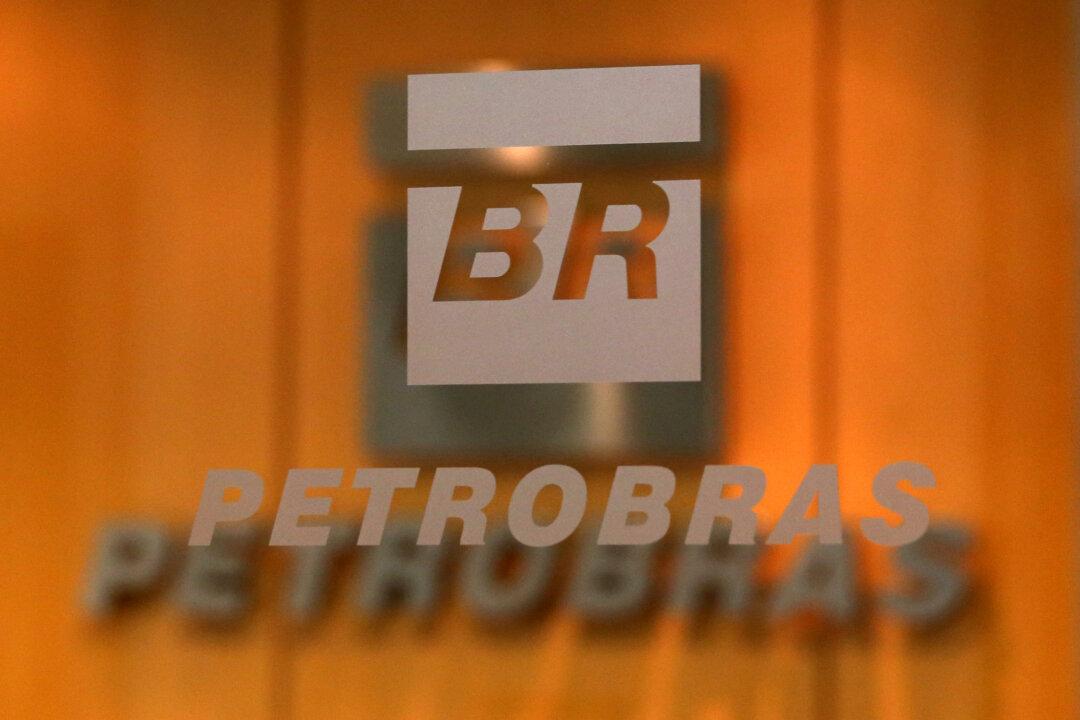RIO DE JANEIRO—Petroleo Brasileiro SA has rejected the most recent bid by an EIG Global Energy Partners-backed firm to purchase a pair of shallow-water oil clusters, two sources with direct knowledge of the matter said, potentially derailing a major divestment late in the process.
Ouro Preto Oleo e Gas, a Brazilian energy firm backed by sector-focused private equity firm EIG entered exclusive talks in July with Petrobras, as the state-run oil firm is known, to purchase its Pampo and Enchova clusters. At the time, the fields, located in the Campos Basin off the coast of Rio de Janeiro, were seen fetching around $1 billion.





